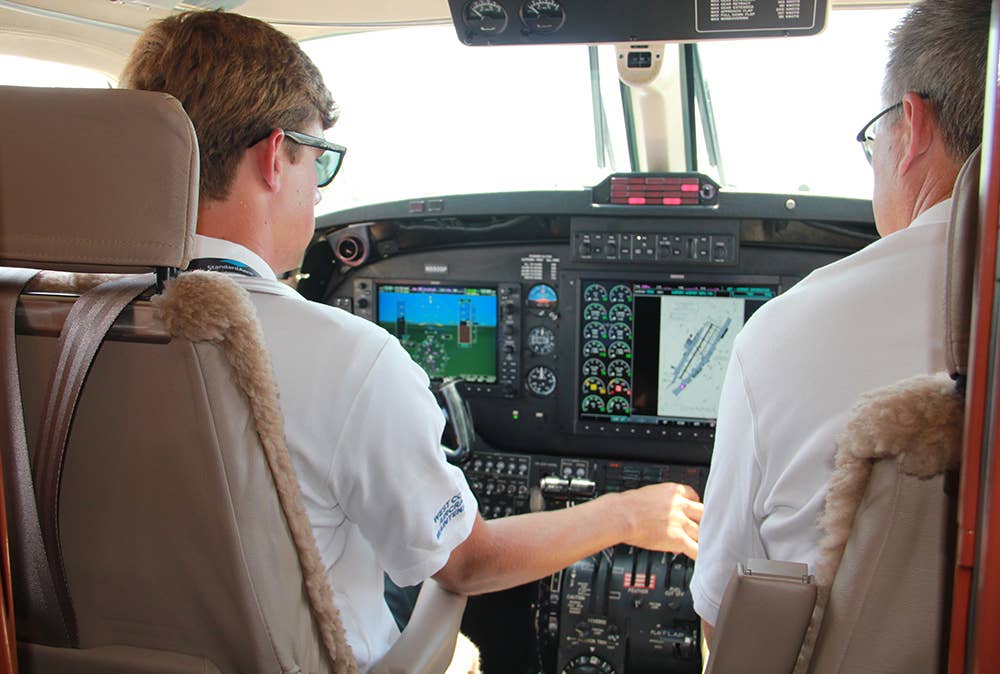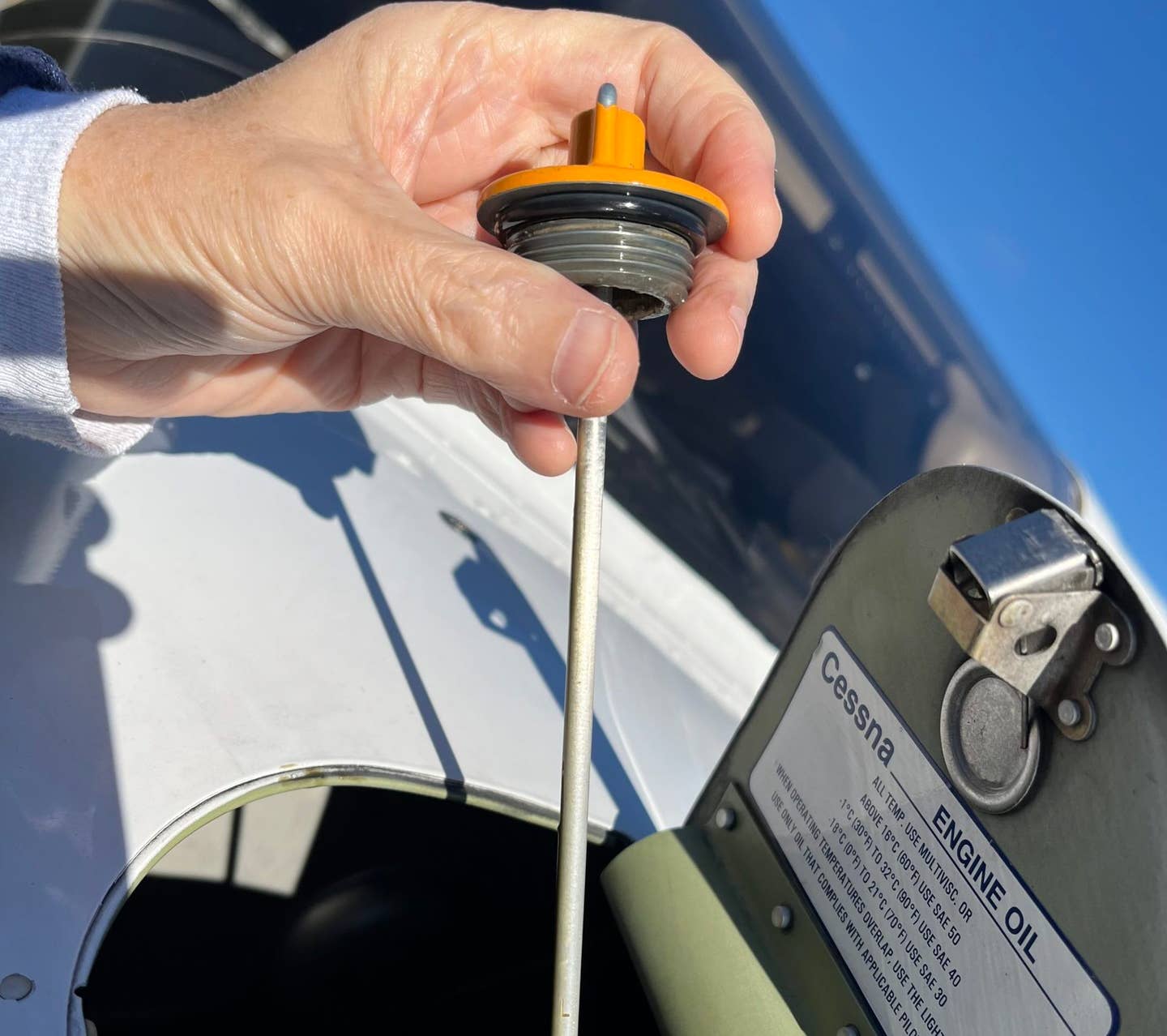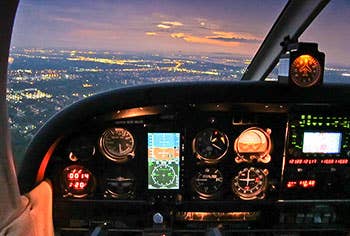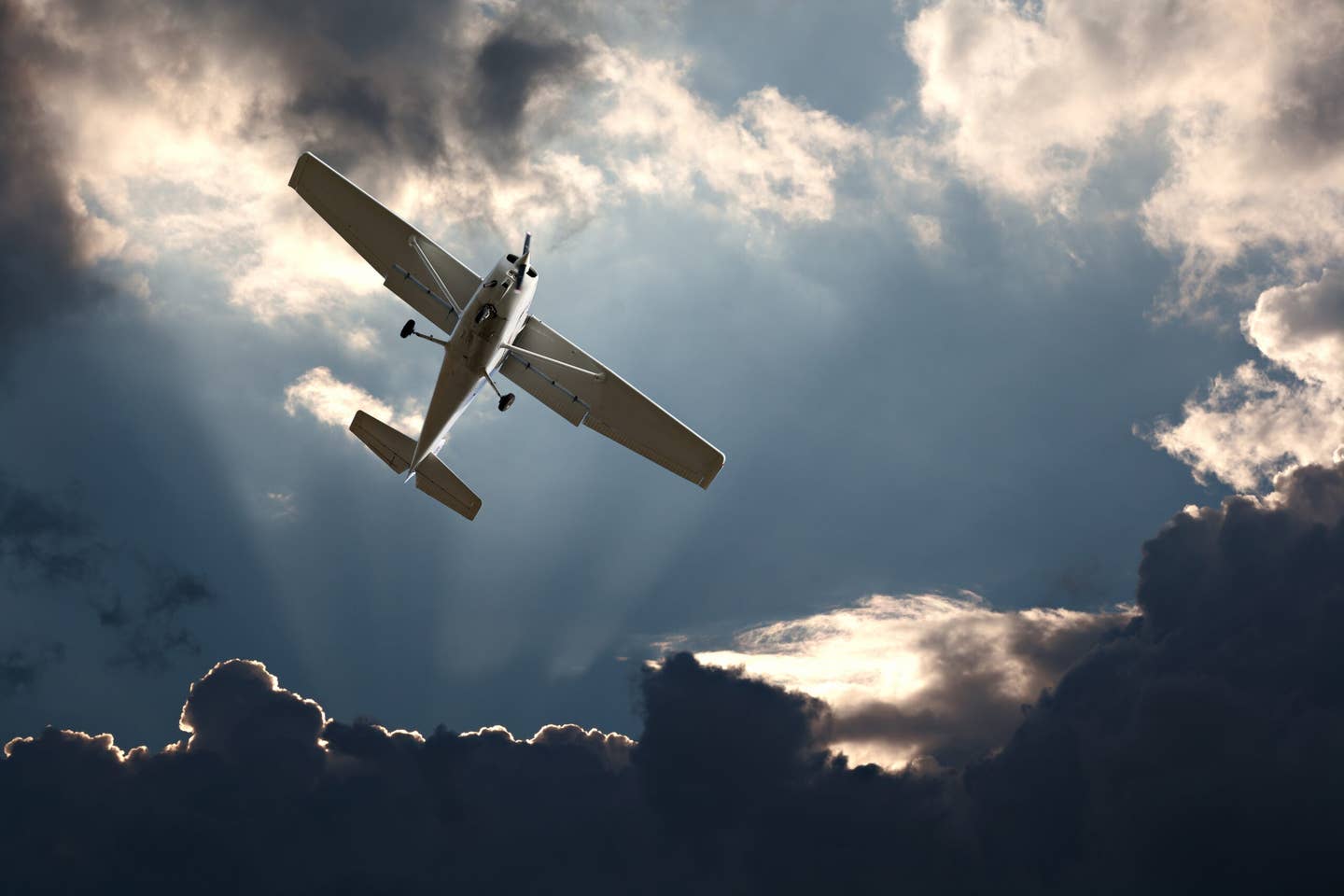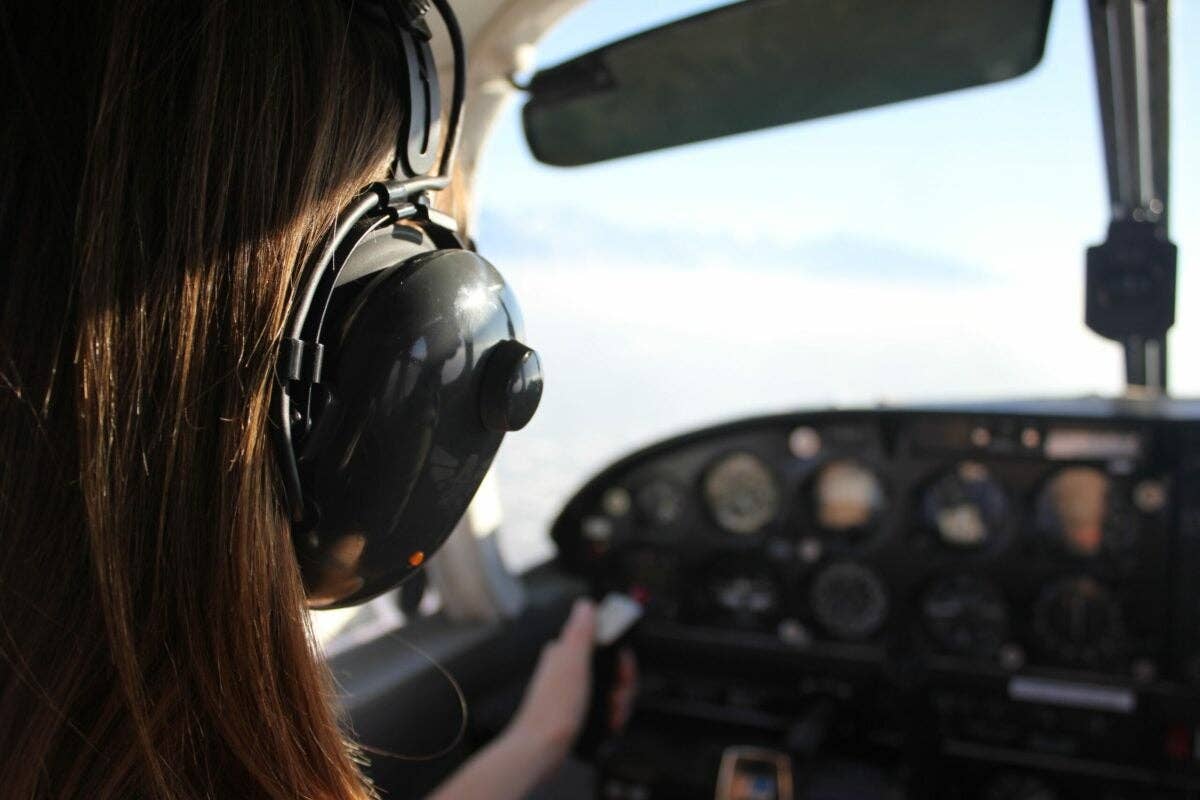Flying Isn’t All or Nothing
In light of recent events, is it time to rethink how much pressure we put on pilots in career programs?
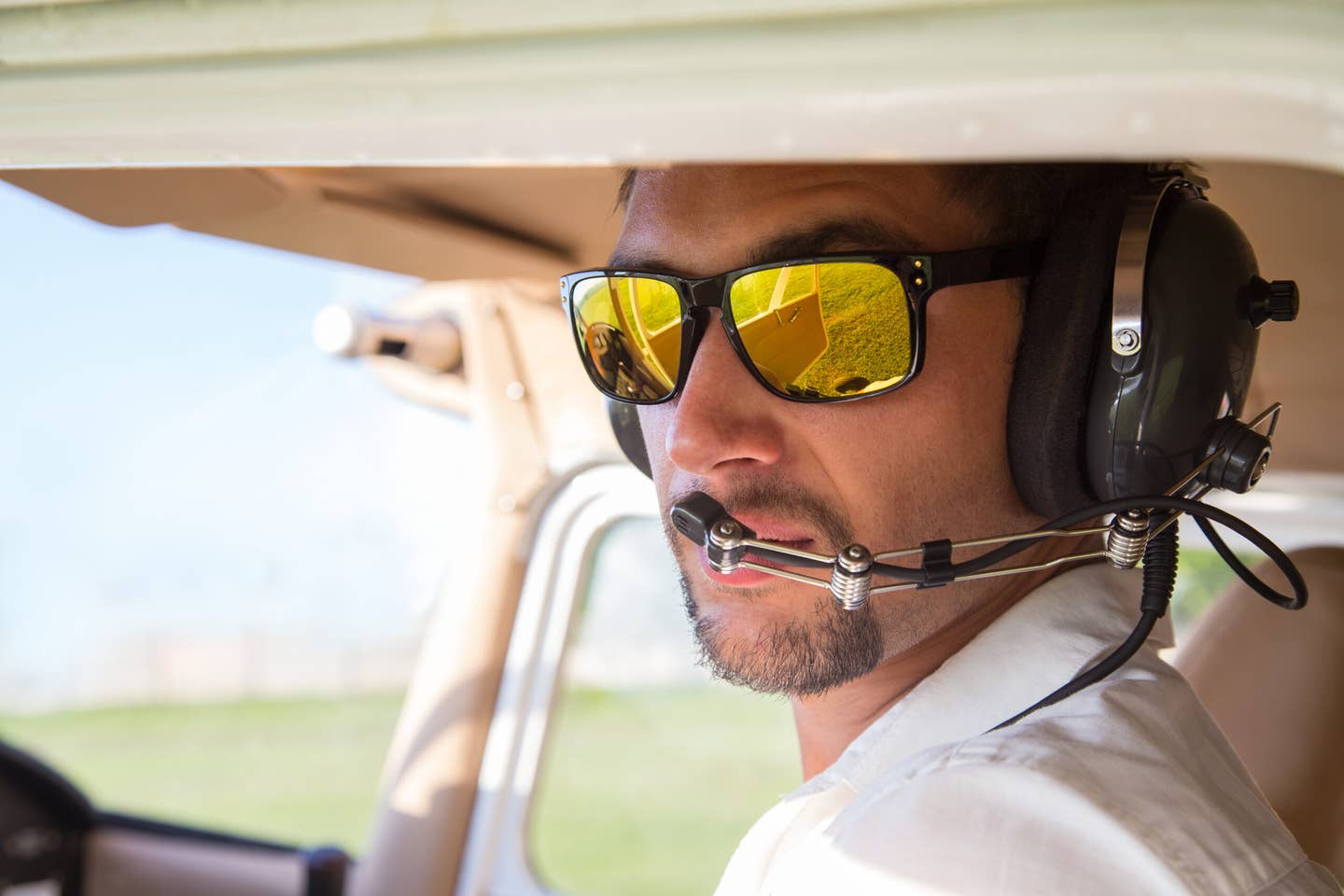
Can the industry change how it trains students so that some don’t feel trapped? [File Photo: Adobe Stock]
When I wrote about the need for CFIs to develop their emotional intelligence, I mentioned the story of University of North Dakota student John Hauser, who died when he intentionally flew his training aircraft into the ground on a scheduled night solo flight in October.
“The industry is facing an imperative that requires us to consider providing pilots with the support they need to protect their mental health. ”
The dean of aerospace at UND, Robert Kraus, said John's family allowed him to publicly share that the student had been struggling with mental health issues prior to his death. In light of John's fear that he might not be able to continue flying if he admitted his struggle, he couldn't continue to live.
I was heartbroken by the details of a letter that John left to his parents, which they shared in an interview in January.
"He spelled it out very clearly to us in his letters that he wanted to get help, but that he would have to give up flying if he got help, and, in his words, John said life is not worth living if he could not fly," John's father, Alan, said in that interview.
What troubles me even more is that John "felt trapped," according to his father.
I have wondered why John felt trapped.
The industry is facing an imperative that requires us to consider providing pilots with the support they need to protect their mental health.
I think there are many students like John, who, for various reasons, think flying is all or nothing, though this isn't true. Being a pilot is a richly rewarding experience, but it doesn't account fully for all that life has to offer.
I’ve spent much of my time as an instructor trying to paint a broad picture of all the options for my students, and inversely, why it would be an advantage not to put all their eggs in one basket.
Things Beyond Your Control
When I was a college freshman, this would've been absurd to me. Like John, I knew that I wanted to be a pilot at a very early age. It felt like a “calling.” Two disruptive experiences forced me to rethink things.
I first was grounded with a torn ACL as a freshman. That immediately made me appreciate all I had been brushing off from pilot mentors who told stories of other pilots, well into their careers, losing their medicals for reasons beyond their control.
It never occurred to me that less severe things could upend a young pilot like me. In that experience, I found myself relating to Bobby Miles, the ace quarterback in the movie Friday Night Lights, who had his football dreams stripped away with an injury and no clear path to the future.
Invariably, it made me appreciate all the other opportunities I had and talents worth nurturing. I saw that there were options, like writing. I got my first job as a writer then.
Flying as a Tool?
Another time, when I finally became a CFI, I managed to squeeze barely into a new hire class to work at my old flight department. I felt that I didn't have another option if I didn't make it. I was shocked on day one when I sat next to a new co-worker—a student with an engineering background—who essentially said he was only doing this for fun. Why was I so myopic to limit myself in my dogged pursuit to work as a pilot? Later on, when I met more mentors who used flying as a tool to support their other businesses, I realized I'd boxed myself in.
More pilots need to hear at the beginning of their careers that the entire aviation industry can offer a lifetime of fulfilling experiences, and being a pilot is just one of them. It not only protects them from downsides beyond their control that can disrupt their flying but also encourages them to consider all their other skills.
The Industry Can Help
I can't speak to John's specific mental health issues, but many other students struggle with this type of anxiety. It happens in flight schools in many ways. For one, when you finally enroll in a sizable Part 141 school and have more than a thousand pilot classmates, you can't help but question how unique you are and that if you struggle a bit in training, you could be weeded out.
Added to that, it doesn't help that the enduring language around training has been to identify those with "the right stuff," a claim that has elevated flying to more than what it should be—a skillset and not a virtue. This thinking may have been the measure for wartime pilots who needed to be those of the highest caliber, but in the present-day reality of increased automation and robust crew resource management to protect pilots, does that approach serve us now?
Moreover, the industry's language around first-time check ride pass/fail attempts isn't a comprehensive measure of people who might struggle early on because of different learning curves, but still evolve into stellar pilots in the long run. Instead, it is drilled into students at the beginning of the training that there is little room for failure. It is hard to argue against this thought process when one of the first things measured against an accident pilot might be the number of check rides they failed previously, not the series of actions that led to the accident. Instead, there is less tolerance for variations in the overall learning progression.
Admittedly, these are complex things, but is it possible that part of the reform needed to support pilots in the industry could come from changing the overall posture and language of training away from one that piles on anxiety in an already tense profession?
Could the elements of a just culture—which has changed the way we talk about safety by giving pilots room to talk about their errors—also be applied to measuring learning and credit progress?

Sign-up for newsletters & special offers!
Get the latest FLYING stories & special offers delivered directly to your inbox

